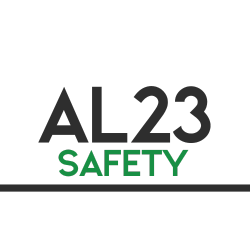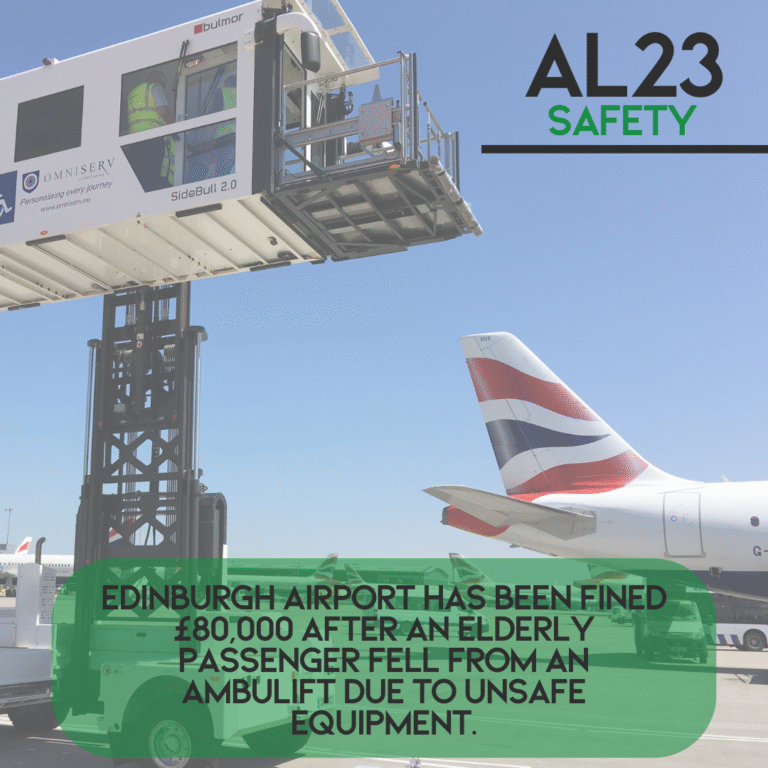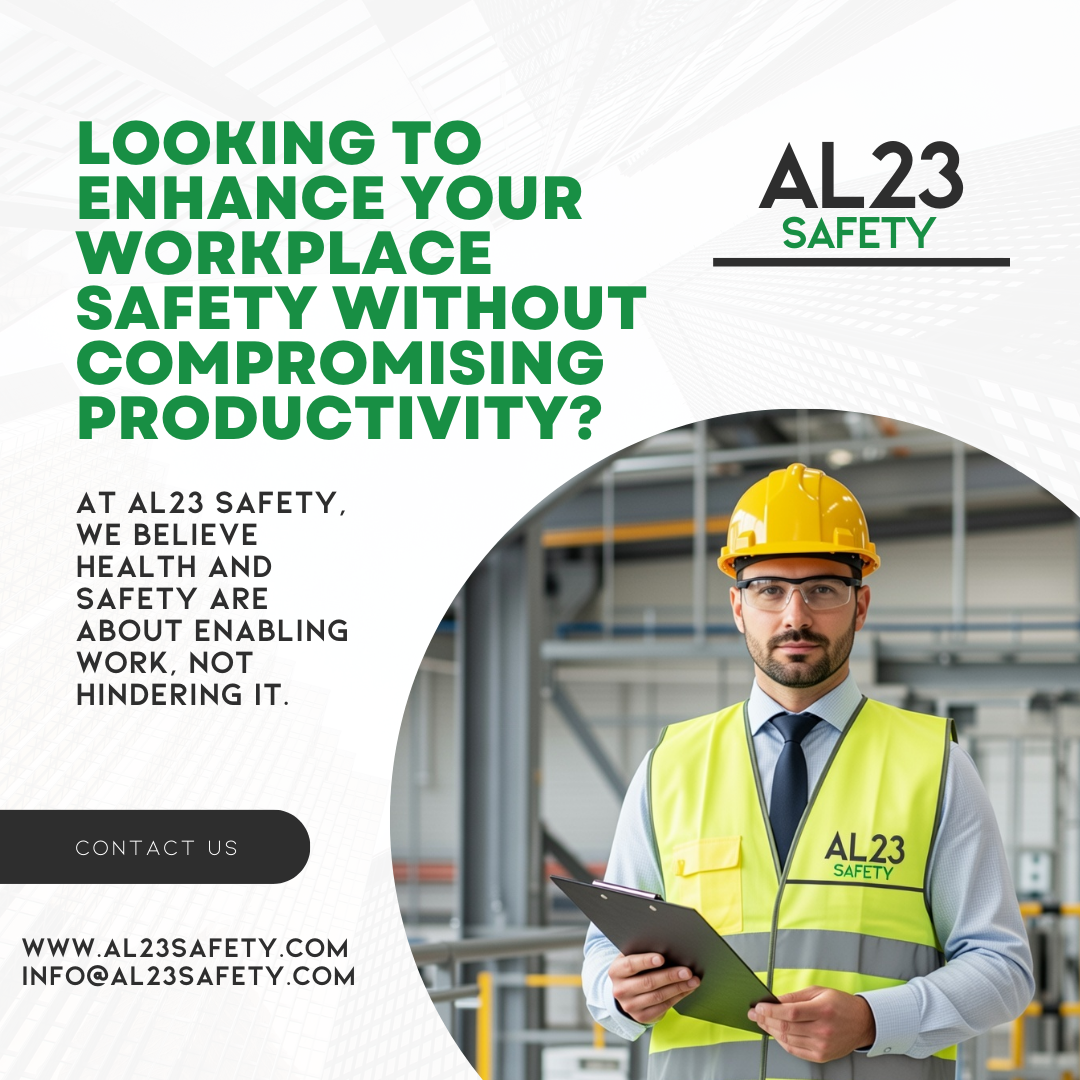The recent incident at Edinburgh Airport serves as a stark reminder that workplace safety lessons must be learned from every unfortunate event to prevent future tragedies. This case demonstrates the catastrophic consequences that can unfold when safety equipment maintenance is neglected, highlighting why businesses across the UK must prioritise comprehensive safety protocols.
Understanding Your Legal Obligations: The Foundation of Workplace Safety
Every employer in the UK must understand their legal responsibilities under current health and safety regulations. The Provision and Use of Work Equipment Regulations 1998 (PUWER) clearly mandates that employers maintain all equipment in an efficient and safe condition. These safety lessons from Edinburgh Airport underscore why compliance isn’t optional, it’s essential for protecting lives.
The Health and Safety Executive (HSE) emphasises that equipment maintenance safety goes beyond basic checks. Employers must ensure that:
- Regular inspections are conducted by competent persons
- Maintenance schedules are strictly followed
- Performance standards never deteriorate to dangerous levels
- All safety systems remain fully operational
Critical Safety Lessons: What Edinburgh Airport Teaches Us
1. Equipment Maintenance Safety Cannot Be Compromised
The Edinburgh Airport incident reveals how quickly situations can escalate when safety equipment fails. This workplace safety lesson demonstrates that cutting corners on maintenance creates unacceptable risks. Regular, thorough maintenance isn’t just about compliance, it’s about preventing life-threatening situations.
2. Documentation and Record-Keeping Are Vital
Proper documentation of all maintenance activities, inspections, and safety checks creates an audit trail that protects both employees and employers. These workplace safety lessons show that comprehensive records can identify potential issues before they become disasters.
3. Staff Training Must Be Ongoing and Comprehensive
Workers need to understand not just how to operate equipment safely, but also how to identify potential hazards. The Edinburgh Airport case reinforces that workplace safety compliance requires continuous education and training programmes.
The Cost of Non-Compliance: Beyond Financial Penalties
When businesses fail to implement proper workplace accident prevention measures, the consequences extend far beyond financial penalties. The Edinburgh Airport incident illustrates how safety failures can result in:
- Serious injuries or fatalities
- Criminal prosecution of directors and managers
- Massive compensation claims
- Irreparable damage to company reputation
- Permanent closure of operations
Implementing Effective Workplace Safety Compliance
Learning from safety lessons like those from Edinburgh Airport requires a systematic approach to risk management. Effective workplace safety compliance involves:
Risk Assessment and Management Every workplace must conduct thorough risk assessments that identify potential equipment failures and maintenance issues. These assessments should be reviewed regularly and updated whenever circumstances change.
Preventive Maintenance Programmes Equipment maintenance safety requires structured, scheduled maintenance that prevents deterioration. This proactive approach addresses issues before they become safety hazards.
Emergency Response Planning Despite best efforts, emergencies can occur. Comprehensive emergency response plans ensure that when incidents happen, the response minimises harm and facilitates quick recovery.
Building a Culture of Safety: Beyond Compliance
The most effective workplace accident prevention strategies go beyond mere compliance with regulations. They create environments where safety is embedded in every decision and action. The Edinburgh Airport incident shows us that safety lessons must translate into cultural change within organisations.
Creating this culture requires:
- Leadership commitment from the top down
- Regular safety communications and updates
- Employee involvement in safety decision-making
- Recognition and rewards for safe behaviour
- Continuous improvement of safety systems
Professional Support for Workplace Safety Excellence
Given the complexity of modern workplace safety compliance requirements, many businesses benefit from professional guidance. Expert health and safety consultants can provide:
- Comprehensive risk assessments tailored to specific industries
- Equipment maintenance safety protocols
- Staff training programmes that meet current standards
- Ongoing support to maintain compliance
- Emergency response planning and testing
The workplace safety lessons from Edinburgh Airport remind us that professional expertise can mean the difference between a safe workplace and a tragic incident.
Taking Action: Your Next Steps
The Edinburgh Airport incident provides valuable safety lessons, but learning from them requires action. Every business must evaluate their current safety protocols, equipment maintenance safety procedures, and workplace safety compliance status.
Don’t wait for an incident to highlight weaknesses in your safety systems. The workplace accident prevention strategies you implement today could prevent tomorrow’s tragedy.
At AL23 Safety, we understand that navigating health and safety regulations can be complex. Our comprehensive services include detailed risk assessments, tailored training workshops, and ongoing support to ensure your business maintains the highest safety standards whilst achieving full compliance with UK health and safety laws.
Contact AL23 Safety today to discover how we can help transform your workplace safety culture, ensuring that the workplace safety lessons from incidents like Edinburgh Airport translate into practical protection for your employees and business.
Remember: workplace safety isn’t just about compliance, it’s about creating an environment where everyone returns home safely every day.



